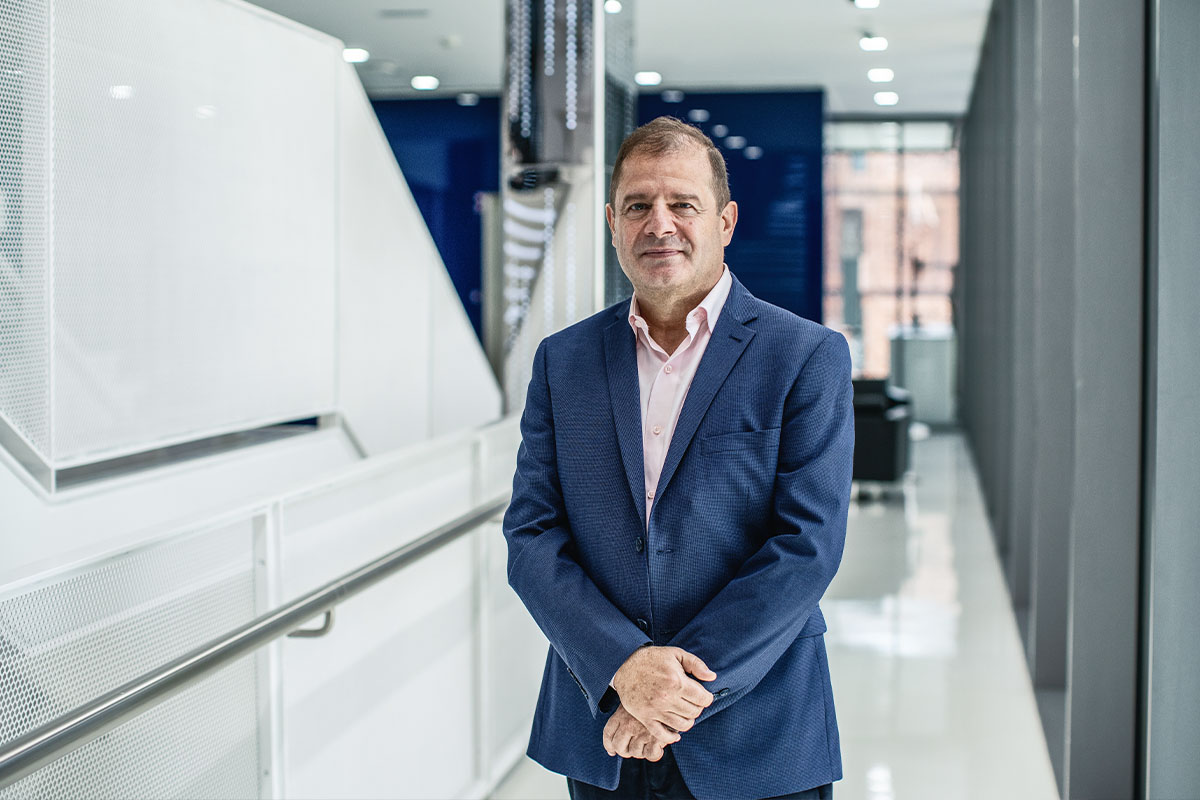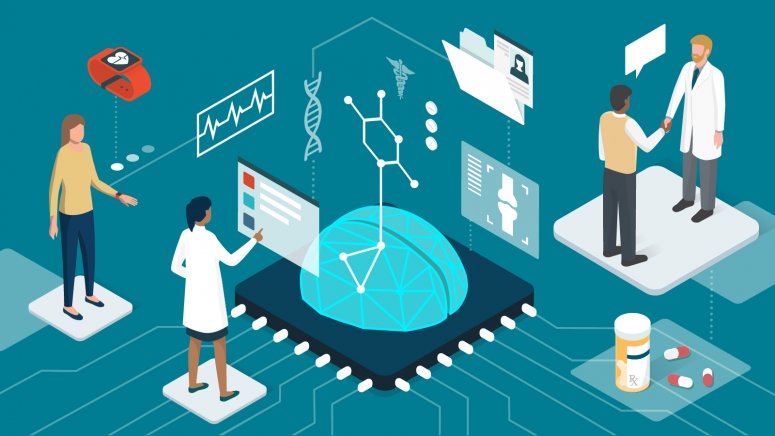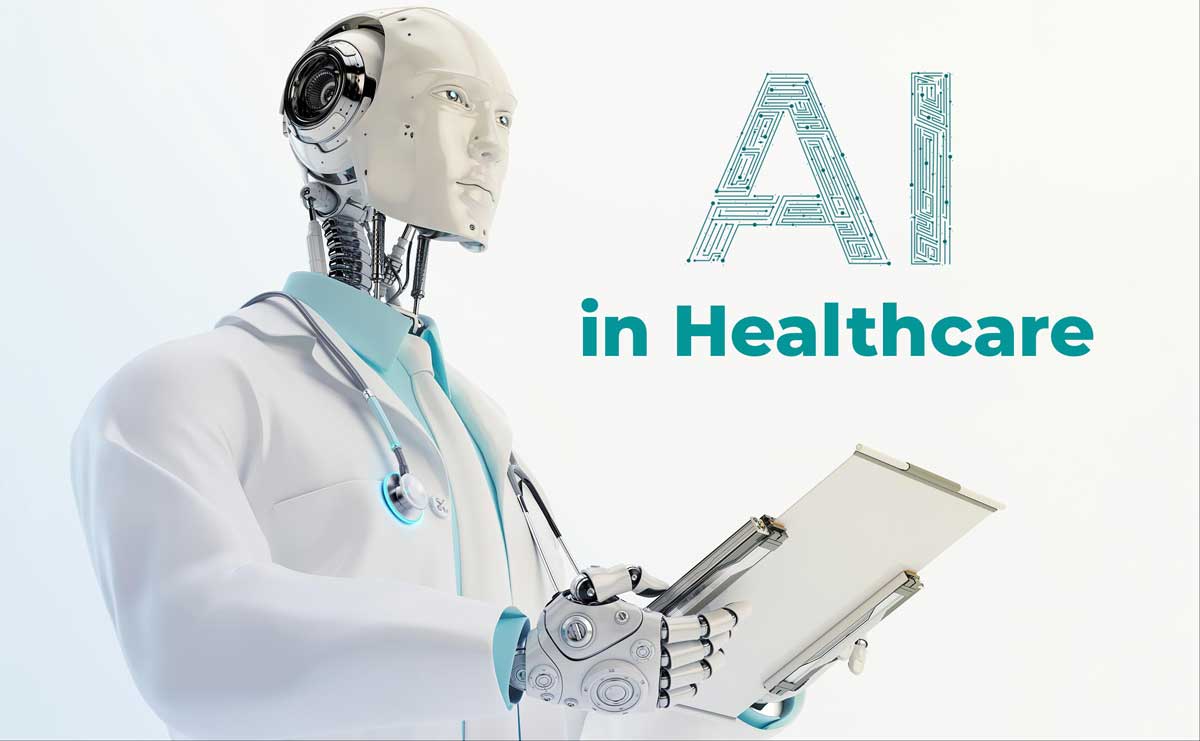Artificial intelligence & Health-Care
The next-generation Fitbit strapped around the patient’s wrist flags the first warning sign. It is 2030, and the elderly UAE resident’s heart rate is low; an electronic wearable also identifies that the man—who lives alone—is slumped on his side and hasn’t moved for an hour. Separate devices pick up slight abnormalities in his blood-sugar levels, and recognize that he has not opened his refrigerator all day. This sets even more alarm bells ringing..
“If we are able to tackle 20 to 25 percent of diagnoses virtually or remotely, and provide advice in real time, it will alleviate the burden on the health-care system tremendously."
Fakhri Karray
That burden cannot be overstated, pandemic or no pandemic. According to the World Health Organization, there will be a global shortage of 9.9 million physicians, nurses, and midwives by 2030, as the health-care sector struggles to keep pace with demand.
“We need not only to attract, train, and retain more health-care professionals, but we also need to ensure their time is used where it adds most value—caring for patients,” found a 2020 report from McKinsey and the European Union’s EIT Health. “Artificial intelligence has the potential to revolutionize health care and help address some of the challenges.”
Karray envisages a future in which the health sector is decentralized, with mega-hospitals largely replaced with “boutique” clinics, and individuals’ data collected and monitored in the cloud. This, he predicts, will be a key feature of the smart cities of 2O3O and beyond.










